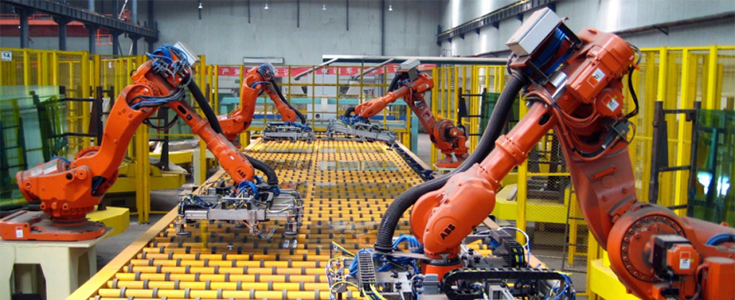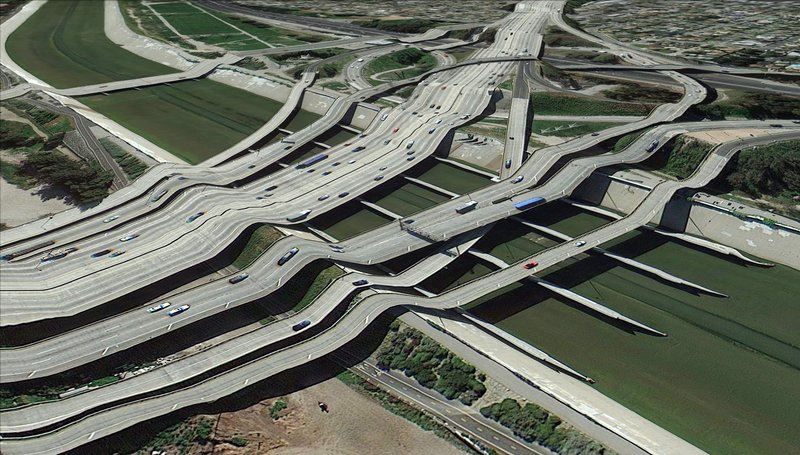
ARC 626: Manufacturing Autonomy
Instructor: Mark Shepard | Type: Seminar
This seminar will survey the changing dynamics between manufacturing, labor, technology and society from the Industrial Revolution to the present.

Instructor: Omar Khan
ARC 606
Spring 2019
DESCRIPTION:
The Cybernetic Factory is the second studio in the Situated Technologies Research Group’s 2018-19 curriculum. It takes as its subject the architecture of advanced manufacturing and its integration into local economies and communities.
Taking lessons from the recent past we will reimagine the factory as an interface between different scales and constituencies- local/global, rural/industrial and craft/automation. We will use Boston Valley Terra Cotta’s facility and its rural context in Orchard Park as our site. We will also use the SMART Factory and the Architectural Ceramic Assemblies Workshop 2019 as vehicles to explore the relationship between manufacturing and the architecture, engineering and construction (AEC) community. These will provide a means to understand the multiple stakeholders involved in the functioning of the factory.
Historically, the factory can be rightly appreciated as the means through which the modern world emerged. Likewise, its influence on the architectural imagination of modern architects cannot be over stated. However, from our post-industrial, post-human vantage point “the factory” represents a recent past whose legacy also includes human exploitation and environmental degradation. Currently, manufacturing employs around 8% of the American workforce, considerably down from its highpoint of 32% in the 1950s. However, it still remains the largest in the world contributing 18% of the world’s goods.
We will consider the necessary evolution of the factory in the context of global trade and the pressure to adopt smart automation through artificial intelligence and robotics while maintaining strong relationships with local context. We will examine the relationship between management, workers, materials, communications, advanced manufacturing technologies, environmental impacts and local community as they are cybernetically intertwined in the architecture of the future factory.

Instructor: Mark Shepard | Type: Seminar
This seminar will survey the changing dynamics between manufacturing, labor, technology and society from the Industrial Revolution to the present.

Instructor: Albert Chao | Type: Seminar
The Situated Technologies Spring studio will explore the space of manufacturing and the promise of mass customization.

Instructor: Mark Shepard | Type: Studio
This design research studio explored the spatial epistemology of contemporary remote sensing practices.